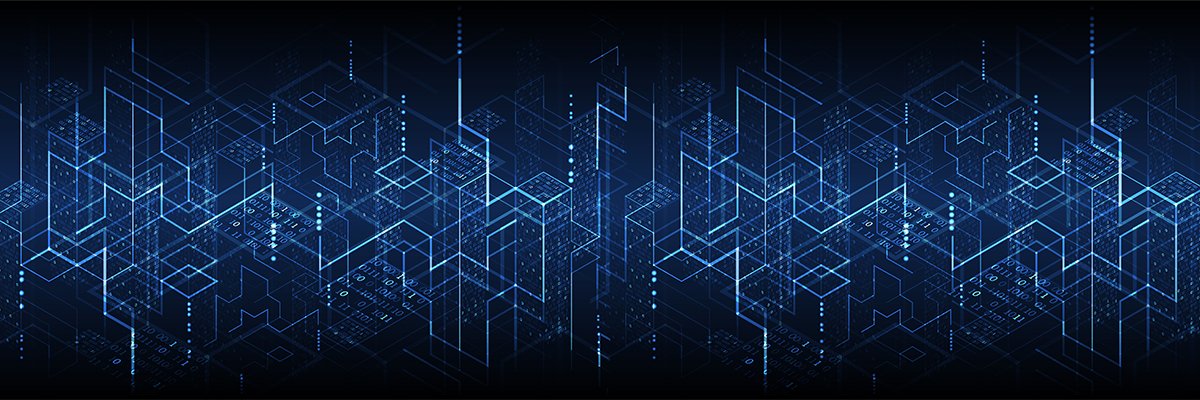
Shopping in the supermarket is going to use a lot more technology in the future than it did in the … [+]
Lindsey Mazza, Global Retail Lead at Capgemini Group told me recently, “when retailers understand the motivations that drive consumer purchases, they can reach their highest potential.”
That need is driving the rapid adoption of artificial intelligence in the grocery business. To walk around at the recent Groceryshop conference in Las Vegas, you’d think that AI had been in the grocery industry for decades, it’s in almost every conversation I was part of.
Why AI Is Like A Light Bulb
In a recent book entitled, “Power and Prediction,” the authors explain that Edison lit his first light bulb in 1879. But it took over 40 years for the majority of U.S. households and businesses to be electrified.
What took time to understand was the secondary effects of electrification. Ultimately, those secondary effects, like mass production. changed the life of every person on earth.
When the Palm Pilot, the predecessor to the smartphone, was introduced, no one could see that you’d be able to summon a car with your mobile device.
Just like electricity and the smartphone, we are only at the starting line of what AI can do. Over time, the transformational power of AI will be more apparent.
Why AI Is Happening In Grocery
The grocery industry is notoriously competitive and the vast majority of it still takes place in physical stores. The scale is massive, the profit margins are thin and the large players in the industry, like Walmart
WMT
AMZN
KR
It’s an industry where small improvements can be the difference between success and failure and AI can make the difference. Grocers have gotten the message.
How It’s Evolving
Right now we can see that almost any decision a manager makes could be assisted by AI. What’s only becoming apparent is that decisions that no one has ever been able to make can also be made or assisted by AI.
In grocery e-commerce, search has been the “predominant driver for 20 years,” said Christina Callas, Chief Digital Officer of Total Wine, the largest e-commerce retailer of wine in the U.S. But wine buying is “intimidating and complex,” and that makes it very hard to do online. TotalWine is using Bloomreach to create an online search that works more like a conversation you’d have with a store associate, something that has eluded online retail until now. Only AI can facilitate that.
When multiple consumers ask employees the same question repeatedly, it’s a micro event that is “not captured by the retailer, but now we can,” Shariq Siddiqui, Founder and CEO of Veeve, told me at Groceryshop. When AI monitors those interactions, it sees patterns and can solve problems that were previously invisible.
Veeve makes a device that sits on a shopping cart and displays offers to consumers as they walk through a supermarket. It also uses its cameras to detect missing or misplaced inventory, identifying problems before management could have otherwise known.
An Israeli company called ShopperAI, also exhibiting at Groceryshop, trained its AI on video of the supermarket snack aisle. It found many consumers stopped, looked, picked up the multipacks, put them back, and walked away. The process recommended rearranging the shelf so that all brands’ multipacks were together in one place. That didn’t just increase multipack sales, it led to an 18% increase in packaged snack revenue overall.
It also looked at the shampoo shelf. It saw that only 30% of the consumers who shopped the aisle were women; to draw more, it recommended putting the feminine hygiene products next to the shampoo. When that happened, women shoppers came to the aisle, and shampoo sales grew by 25%.
The next step is personalizing grocery shopping and, “generative AI makes this personalization possible,” Lori Schafer, CEO of Digital Wave Technology, told me. Things like individualized weekly recipes and personalized pre-assembled shopping baskets or guiding a consumer in-store to find the products become possible.
A company called Birdzi is already personalizing grocery marketing. “If a consumer buys kettle corn, ice cream and kale but doesn’t buy paper goods or other stuff, we generate offers to get them into the store and spend on other things,” Shekar Raman, CEO and Co-Founder of Birdzi, told me. The emails are so effective they are opened at a rate that is about 10 times greater than most marketing emails and Birdzi will send 300 million of them just this year and probably a billion next year.
It all leads back to what Mazza of Capgemini was focused on: understanding what consumers want. Like electrification, the smartphone and so many other innovations, it was impossible to foresee where it would lead when it began.
AI will blossom in grocery because the competition is so intense that even the smallest advantage is impactful and that is accelerating the development of AI for the industry right now. There’s going to be a lot more said about it over time.

















/cdn.vox-cdn.com/uploads/chorus_asset/file/24956079/Worldcoin_orb.jpg)
